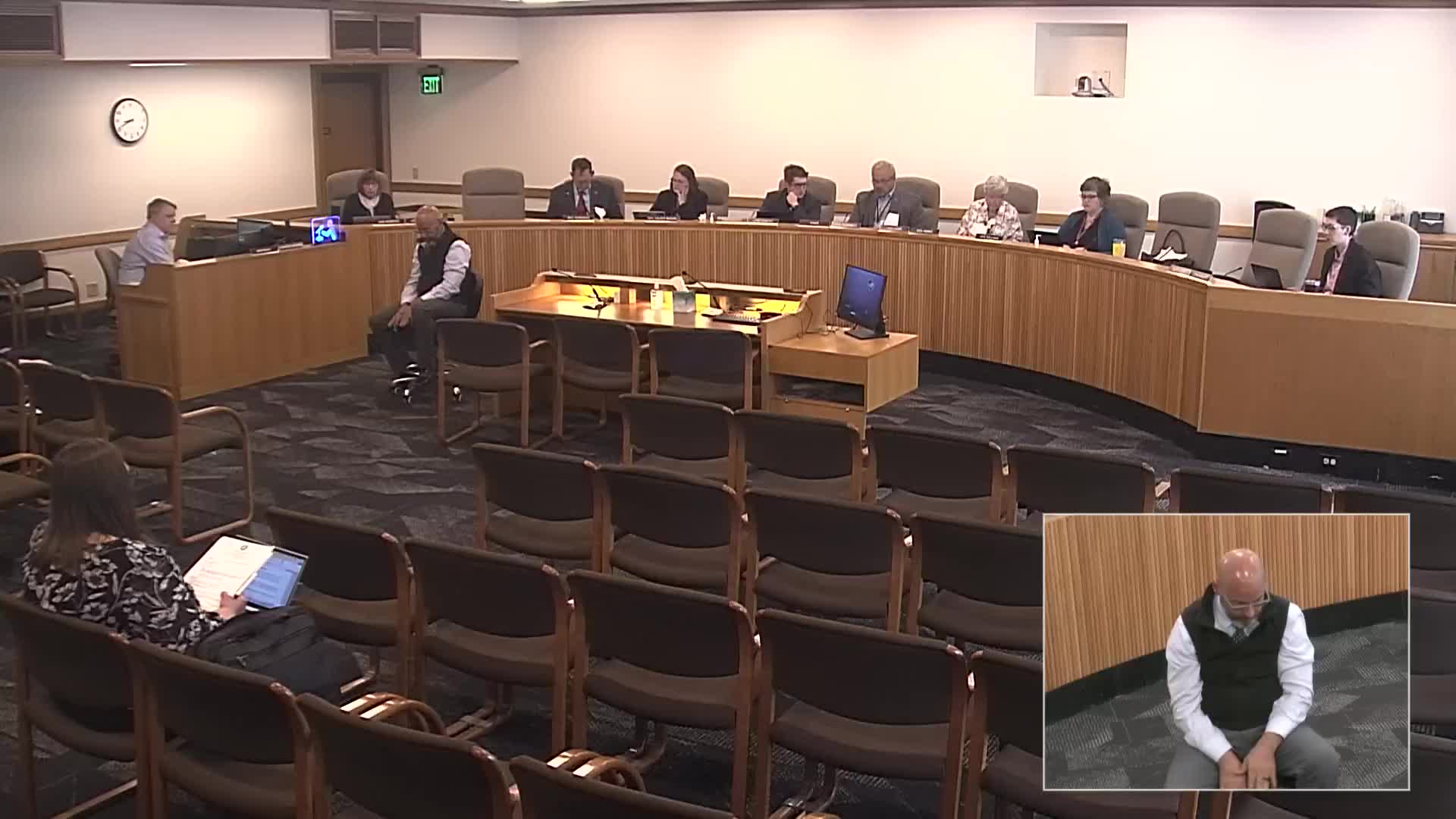Bill would create $5 million grant program to expand college‑access services statewide

Summary
House Bill 2,997 would require the Higher Education Coordinating Commission to establish a grant program for college-access and postsecondary-success organizations and appropriate $5 million to the program. Representatives of College Possible, AVID, and TRIO testified in an informational hearing about reach and program models.
House Bill 2,997 would direct the Higher Education Coordinating Commission (HECC) to establish and administer a grant program to expand the scope and reach of college-access and postsecondary-success programs. The measure would appropriate $5,000,000 to HECC to carry out the grant program, declare an emergency, and take effect on passage; the bill is in the Joint Committee on Ways and Means and was the subject of an informational hearing April 21.
John Chang, executive director of College Possible Oregon, described the measure as a permanent fund to support community‑based organizations such as College Possible, TRIO, and AVID that provide advising, mentoring, and postsecondary navigation across urban and rural Oregon. "House Bill 2,997 would establish a permanent fund within the Higher Education Coordinating Commission, a coordinated effort of community-based organizations... to continue to provide critical advising and postsecondary success programs," Chang said.
Witnesses said the programs the funding would support help increase the share of students enrolling in postsecondary education and support transitions into work; College Possible said its cost to serve a student is roughly $500–$600 per year depending on program length. AVID and TRIO representatives described K–12 pipelines, early college initiatives, and student-coach models that they said boost enrollment and persistence; a TRIO student described the program’s role in his pathway through community college.
Committee members asked whether the fund would be limited to particular national programs; witnesses said the grant program would be broadly available to nonprofit community organizations and public institutions, including community colleges and early-college partnerships. Members also asked about federal TRIO funding risks; witnesses said state support would help maintain capacity should federal funding decline.
The hearing was informational; no committee recommendation or vote occurred. Supporters asked for Ways and Means consideration of the appropriation and said they would submit additional detail on program metrics and reach.

